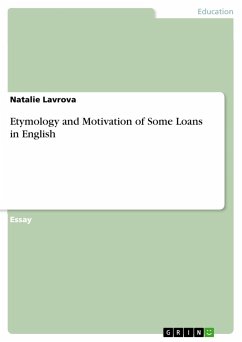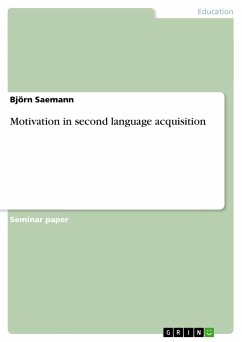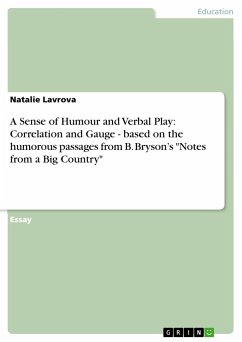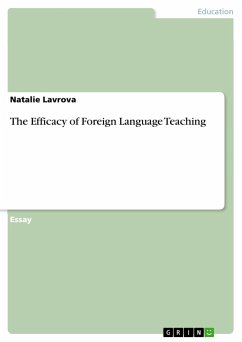Essay from the year 2010 in the subject Didactics - English - Pedagogy, Literature Studies, Moscow State Pedagogical University, language: English, abstract: Over the years English has been absorbing words from other languages at a pretty smart pace, sometimes giving something in return, sometimes capitalizing on the loan lexemes. As is known, the process of borrowing can be stimulated by various factors, both linguistic and extra-linguistic ones. In the present paper we shall predominantly focus on the latter type of reasons, when a word is borrowed either together with the object it denotes or because the recipient language lacks a lexeme that would render the phenomenon succinctly and accurately. The number of borrowed, that is, non-native words, in English has been estimated as veering between 60 and 80 %, the exact figure, however, is hard to arrive at, partly, because it is not settled when one should stop counting and what date (day) should be deemed as one which registersthe quantity of foreign element precisely. Most of the borrowed words in the English word-stock are of Romance origin, which is explained by the historical contacts with Romans, the Norman French, as well as the sway of the Renaissance period in the European cultural tradition.
Hinweis: Dieser Artikel kann nur an eine deutsche Lieferadresse ausgeliefert werden.
Hinweis: Dieser Artikel kann nur an eine deutsche Lieferadresse ausgeliefert werden.








